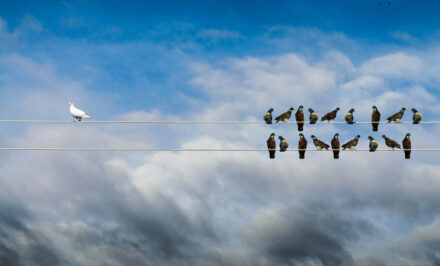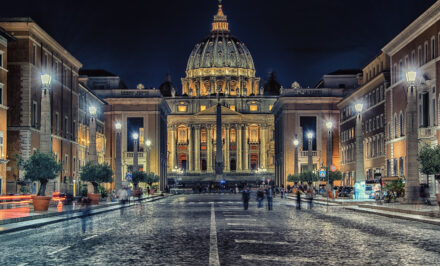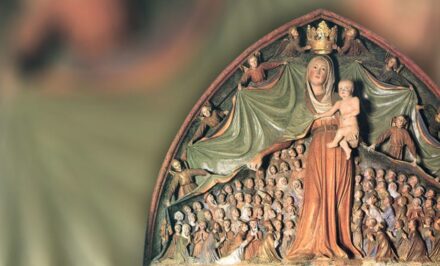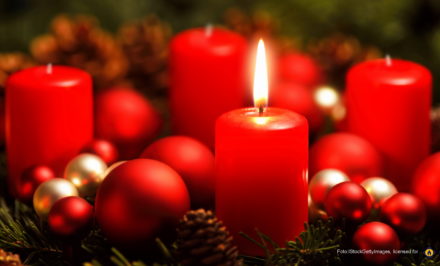 Fr. Nicolás Schwizer. The 20th of January of 1942 is for Father not only one of the four milestones, but is also the axis of our history.
Fr. Nicolás Schwizer. The 20th of January of 1942 is for Father not only one of the four milestones, but is also the axis of our history.

Many of us know the circumstances and the events of that day: The Founder is in prison and is declared fit to go to the Concentration Camp of Dachau. Suddenly there is the possibility of being spared if he asks for a new medical exam. On January 20th, he makes the decision of not taking advantage of that possibility and to go freely to Dachau.
Now, what is the mystery of that day? I think that like in the life of Christ, it is a mystery of the cross, of love and of the resurrection.
1. Mystery of the cross
 The cross, the great mystery of the life and death of Christ, also applies in the life of His disciples, the Christians. The Founder also sees it this way: He must now be a Father to his own from the cross. For that reason he tells them in one of his letters from prison: “Do not think that in the first place my retreats, my advice or my words will be what helps you the most now. The most fruitful thing I can do is to surrender myself for you on the cross.”
The cross, the great mystery of the life and death of Christ, also applies in the life of His disciples, the Christians. The Founder also sees it this way: He must now be a Father to his own from the cross. For that reason he tells them in one of his letters from prison: “Do not think that in the first place my retreats, my advice or my words will be what helps you the most now. The most fruitful thing I can do is to surrender myself for you on the cross.”
His task now was not to seek his freedom, to free himself from the concentration camp. His task is to imitate Christ, the Good Shepherd in his passion: to risk his own life for his sheep and to also risk the existence of his Family because at that moment, the Work was not yet sufficiently formed and developed to be able to exist without its Founder.
The Schoenstatt Family must also enter into that mystery of the cross. For that reason, Father Kentenich tries to awaken readiness and openness to the cross thru the letters and writings he sends them. The entire Family is called to become like Jesus Christ crucified.
The same thing happens as in the times of the Lord: the cross separates the true and false disciples.
Also in Schoenstatt the true fidelity of his followers is tested: there are those who only belong exteriorly to the Family – those who share his ideas, his spirituality, his pedagogy. And there are those who form an interior part of Schoenstatt – those who are ready to risk themselves for Father and his fate, those ready to follow him on the same way of the cross.
2. Mystery of love
In the life of Christ, He did not seek the cross and death. He wanted to love and obey. He only accepted things as they came. And when it was demanded, He freely gave His life in a gesture of infinite love.
The same is for the Father and Founder. In love and confidence he makes the decision of January 20th. He leaves behind human security in order to place himself totally in the hands of God. He only wants to accept and fulfill the wish and the will of God. What is important for him is not the cross as such, but the will of God. The Founder himself says: “The fruitfulness achieved was not the consequence of human heroism, but the consequence of the fulfillment of God’s wishes, of having discovered what God demanded.”
3. Mystery of resurrection
What consoles a Christian, what encourages him, what gives him hope and confidence is the fact that the cross is never the final thing: all sadness becomes joy – all failures become victory – all passion and cross become resurrection. It was this way not only in the life of Christ, but also in the life of Father Kentenich and the Schoenstatt Family: The decision of the 20th of January produced an immense fruitfulness.













